
★•Astronomy, Physics, and Aerospace•★ Original and Reblogged Content curated by a NASA Solar System Ambassador
204 posts
Latest Posts by ad-astra-affecte-spe - Page 3

2024 February 2
NGC 1893 and the Tadpoles of IC 410 Image Credit & Copyright: Sander de Jong
Explanation: This cosmic view shows off an otherwise faint emission nebula IC 410, captured under clear Netherlands skies with telescope and narrowband filters. Above and right of center you can spot two remarkable inhabitants of the interstellar pond of gas and dust, known as the tadpoles of IC 410. Partly obscured by foreground dust, the nebula itself surrounds NGC 1893, a young galactic cluster of stars. Formed in the interstellar cloud a mere 4 million years ago, the intensely hot, bright cluster stars energize the glowing gas. Globules composed of denser cooler gas and dust, the tadpoles are around 10 light-years long and are likely sites of ongoing star formation. Sculpted by stellar winds and radiation their heads are outlined by bright ridges of ionized gas while their tails trail away from the cluster’s central young stars. IC 410 and embedded NGC 1893 lie some 10,000 light-years away, toward the nebula-rich constellation Auriga.
∞ Source: apod.nasa.gov/apod/ap240202.html

Io's Close-Up by NASA's Marshall Space Flight Center

Cosmic Cliffs in Carina © JWST

“Drifting” by | André Brandt

Andromeda over the Swiss Alps Image Credit: Dzmitry Kananovich




Jupiter Swirling Storms l NASA Juno



























Zoozve, my beloved
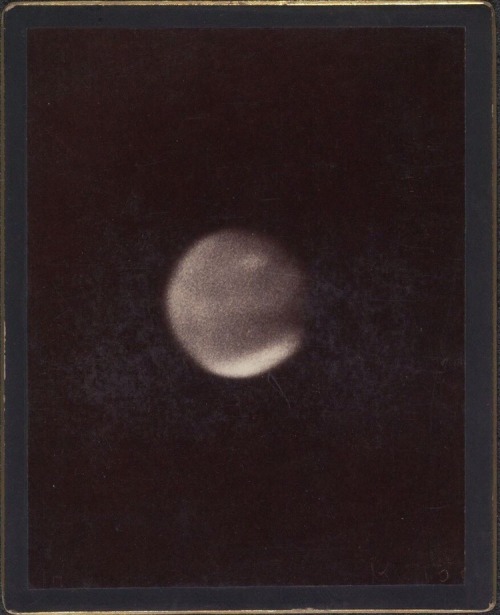
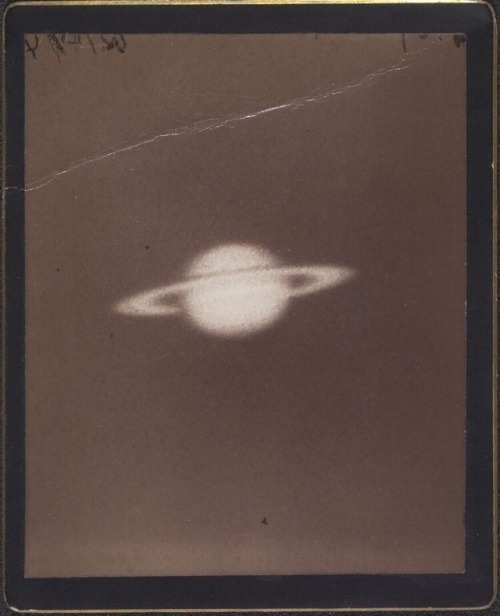
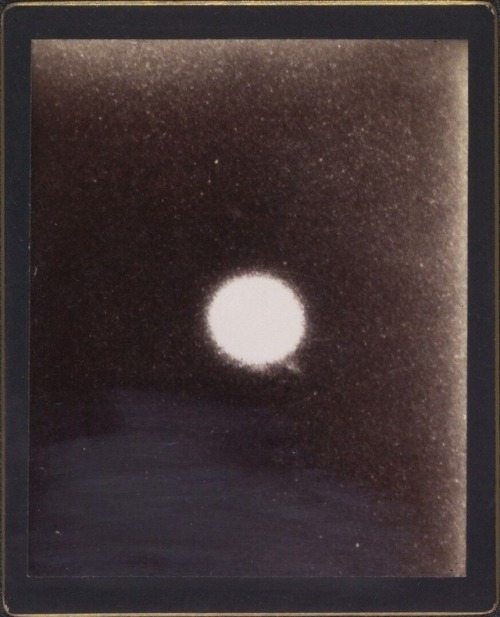
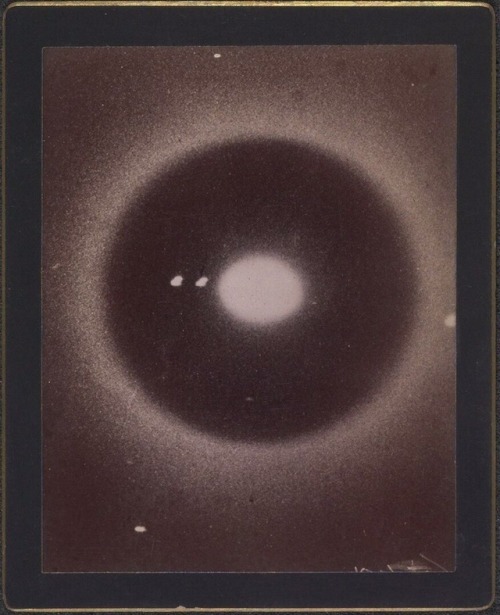
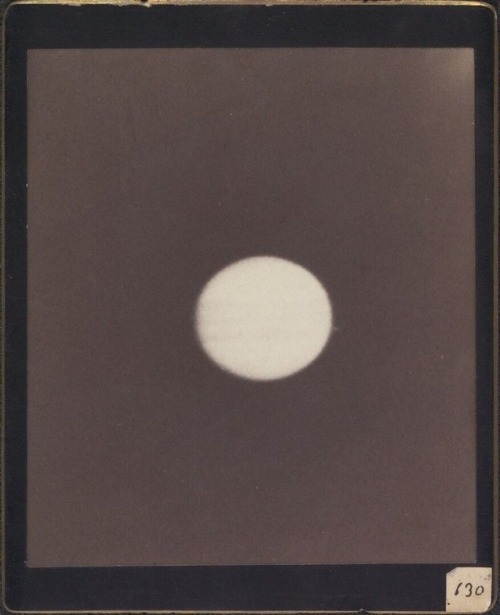
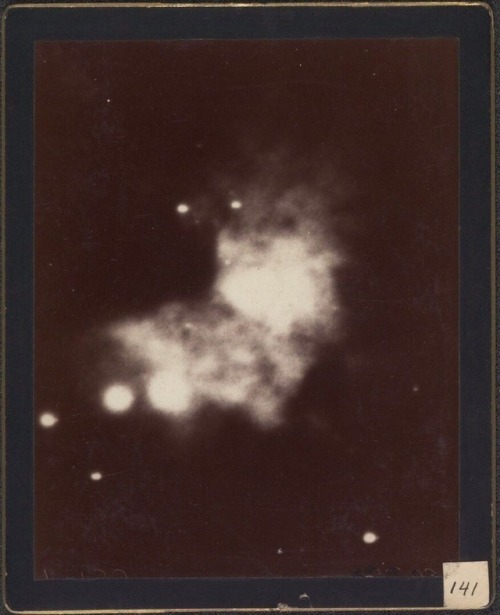
Astronomical photographs, Harvard College Observatory, Cambridge, 1890-1920


Milky Way by Jonathon Wilcox


Whirlpool Galaxy M51a was the very first galaxy classified as a spiral galaxy.





Star Trails in Western Australia by Trevor Dobson

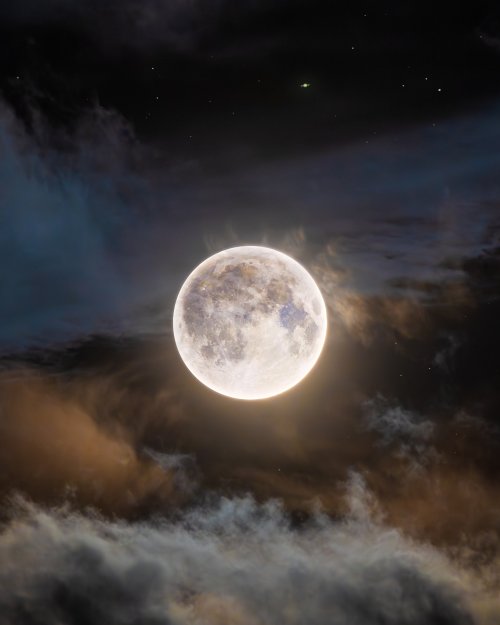
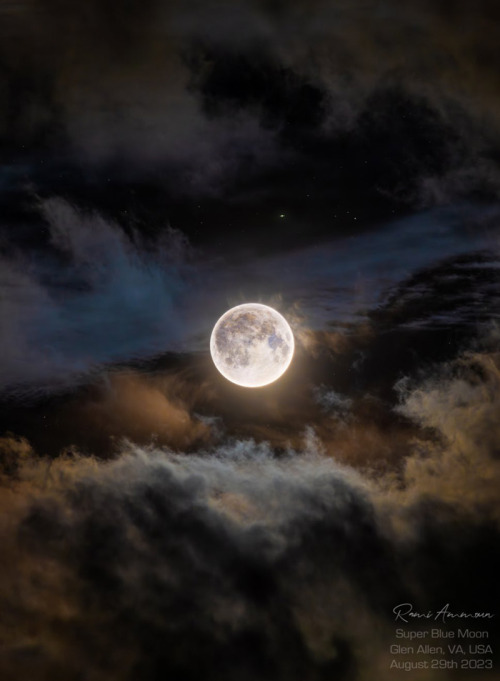
The 2nd full moon of August 2023 l Rami Ammoun

The Sun’s corona during a solar-eclipse.


Messier 45: The Pleiades
Nick Fritz on Instagram

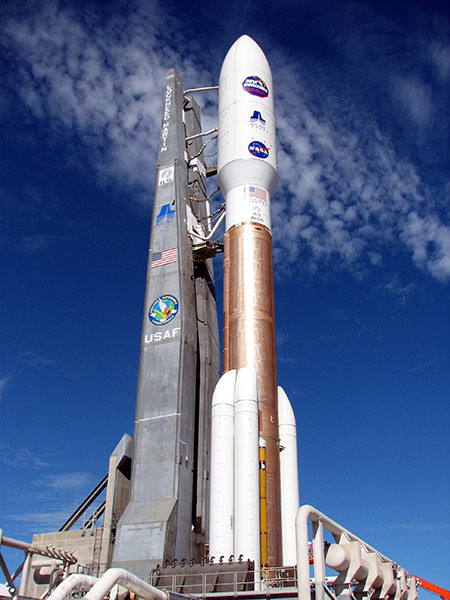





New Horizons – Scientist of the Day
The New Horizons spacecraft, bound for Pluto, blasted off its launch pad aboard an Atlas V rocket on Jan. 19, 2006.
read more...

Ring of Fire October 2023 l Bray Falls

Two spiral galaxies, NGC 6040 and NGC 6039, are merging together at the right side of this Hubble image. NGC 6039 is seen face-on and is circular in shape. NGC 6040 seems to lie in front of the first one. In the lower-left corner, cut off by the frame, the elliptical galaxy NGC 6041 — a central member of the galaxy cluster that Arp 122 resides in — appears as light radiating from a point. The color image was made from separate exposures taken in the visible and infrared regions


IC 2087 Taurus Molecular Cloud © Nik Szymanek

Bubble Nebula and the Star Cluster

Venus and Pleiades

Gamma Cas & Ghost Nebula © Antoine Grelin

A Trailblazing Duo:
January 17, 2024 marks the 20th anniversary of Spirit and Opportunity's landing on Mars. The two of Mars Rovers, Spirit and Opportunity, landed on opposite sides of Mars and began exploring the planet. Since their landing, the rovers have sent more than 100,000 high-resolution, full-color images of the planet’s surface. Designed to last just 90 days, they exceeded expectations and changed the way we explore the Red Planet l more at NASA JPL

A universe in motion seen from the International Space Station during a night pass over Earth.
(@ wonderofscience on Twitter)
Timelapse created from images courtesy of the Earth Science and Remote Sensing Unit, NASA Johnson Space Center(ISS061-E-110520-111341 eol.jsc.nasa.gov).
NATIVE CARBON DIOXIDE FOUND ON JUPITER’S MOON EUROPA
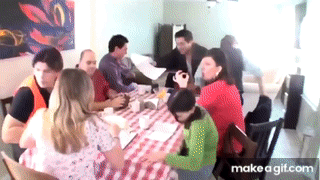

Thor's Helmet
NGC2359 has been featured on this blog a number of times, but this image brought to us by APOD just needed to be re-shared again.
At the heart a Wolf Rayet star, throwing off sheets of atmosphere periodically, and creating this twisted bubble of dust and gas.
The image was captured using narrowband filters, picking out specific elements and the light frequencies they resonate at when bombarded with UV light. It's allowed some of the detailed filaments to be seen.
Ultimately, in the next 15-20, 000 years, this star will go supernova, and despite it's distance of 15,000 light years, will light up our sky for a few months.


working in space (x)

2024 January 7
The Cat’s Eye Nebula in Optical and X-ray Image Credit: NASA, ESA, Hubble Legacy Archive; Chandra X-ray Obs.; Processing & Copyright: Rudy Pohl
Explanation: To some it looks like a cat’s eye. To others, perhaps like a giant cosmic conch shell. It is actually one of the brightest and most highly detailed planetary nebula known, composed of gas expelled in the brief yet glorious phase near the end of life of a Sun-like star. This nebula’s dying central star may have produced the outer circular concentric shells by shrugging off outer layers in a series of regular convulsions. The formation of the beautiful, complex-yet-symmetric inner structures, however, is not well understood. The featured image is a composite of a digitally sharpened Hubble Space Telescope image with X-ray light captured by the orbiting Chandra Observatory. The exquisite floating space statue spans over half a light-year across. Of course, gazing into this Cat’s Eye, humanity may well be seeing the fate of our sun, destined to enter its own planetary nebula phase of evolution … in about 5 billion years.
∞ Source: apod.nasa.gov/apod/ap240107.html

What did Hubble see on your birthday? (x)
Dec. 3, 2009 - Stellar Jewel Box NGC 3603
New pics of Io just dropped

More are over here at NASA's Juno probe site.






Saturn in near-infrared